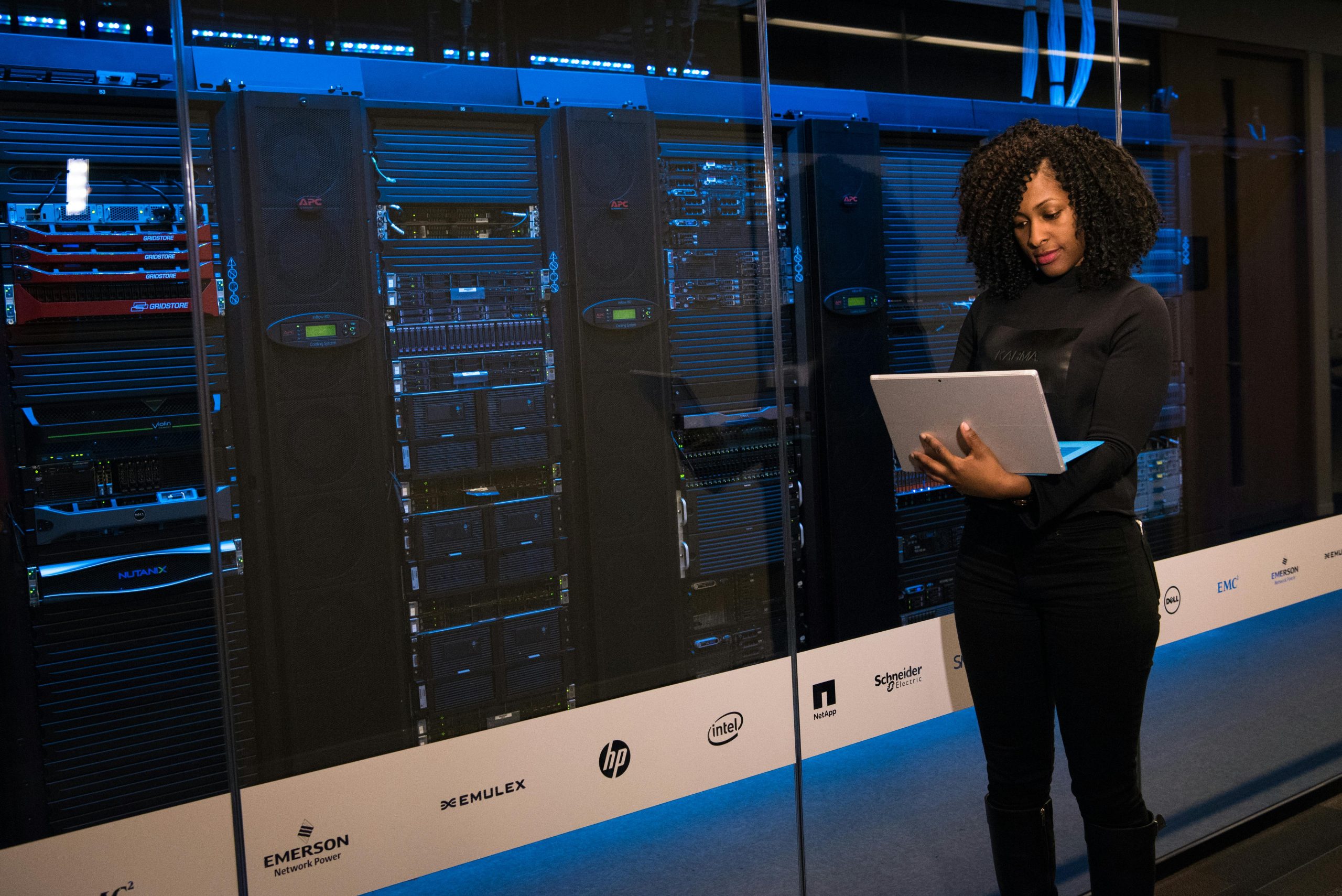Region
India
With digitally interconnected landscapes, advanced network security is paramount to fortify data and strengthen organizational cybersecurity posture. The fight is now beyond the traditional attacks with sophisticated AI-powered threats looming in real-time. This makes it crucial to tighten the loose knots revolving network security in cyber security and place secured protocols.
In the realm of AI and the need for strong cybersecurity, network security protocols come in encompassing measures, rules, and standards, to ensure secure and safe data transmission and exchange across networks. The set of robust frameworks works on bolstering cybersecurity posture – giving a clear picture of how well an organization is equipped with predicting, mitigating, and responding to threats. This blog delves into the importance of solid network security protocols and their role in amplifying cyber security protection.
Importance of Advanced Network Security
With sophisticated cyber-attacks targeting businesses, there is a need to safeguard digital infrastructure with advanced network security protocols. These protocols are rules and standards that protect data transmission, mitigate vulnerabilities, and ensure secure communication across networks.
Network security in cyber security acts as the first line of defense to prevent unauthorized access, control breaches, and secure communications to protect sensitive information. Three types of network protocols are crucial for tightening security:
-
- Communication protocols:Ensure smooth and safe transition of data between two endpoints without interruption.
-
- Management protocols : Controls devices and resources across a network that helps with safe, secured information transmission.
-
- Security protocols : Helps with safeguarding data and works on holistic protection of overall network resources.
Cybersecurity Posture and Its Impact
Cybersecurity posture assesses the preparedness of an organization in its ability to identify and prevent cyber threats. It involves qualitative assessment and charting a collective approach to understanding the strength and its ability to protect systems from threats. It helps in tackling numerous organizational issues related to cyber risk:
-
- Detects threats such as malware, ransomware, DDoS attacks, and prevents unauthorised access.
-
- Protects sensitive data across networks and helps in safeguarding confidential data.
-
- Better adaptability to future attacks and building strong security against evolving sophisticated cyber-attacks.
-
- Strong security posture helps with effective incident response and recovery. This enables quick and faster detection of data breaches.
-
- Strong cyber security applications reduce the financial loss that comes with data breaches. It mitigates expenses associated with breaches like data loss, regulatory issues, downtime etc.
Importance of Network Security Protocol in Cybersecurity Posture

Network security protocols are pivotal to preserving and protecting data from unauthorized access. Here’s how to bolster the cybersecurity posture:
Secured Data Transmission
Advanced network security protocols help in encrypting sensitive data while it is transmitted across networks and devices. It helps in amplifying the overall cyber security protection that prevents data breaches as well as unauthorized access. These protocols shield data that maintains the confidentiality of sensitive information.
Ensure smooth business continuity.
With advanced security protocols, it solidifies the cybersecurity posture enabling business continuity. It adds to the system’s resilience by minimizing downtime and data disruption. As the protocols are vigilant of the threats, it allows businesses to face threats ensuring reliability, and stability, and building trust with stakeholders.
Secure Remote Access to Networks
With growing remote work flexibility and hybrid workplaces, cyber protection and risk are a huge concern. Across organizational networks, placing security protocols is pivotal to secure remote access. Strong VPN (Virtual Private Network) and authentication measures ensure secure network access remotely. This significantly reduces unauthorized digital and data breaches.
Incident Recovery and Response
Strong security postures offer sturdy cyber protection and respond effectively towards breach incidents. With the ability to respond effectively, the process helps in preparing an incident response plan. This further ensures rapid recovery and potential solutions for quick, seamless recovery from disaster situations.
Safeguard Against Intrusions
Network security in cyber security plays a strong role in preventing network intrusions. Such protocols protect the network using advanced firewall configurations, systems that detect and thwart systems, access control lists etc. A combination of all the protocols helps an organisation to prevent malicious activities and malware attacks.
Deployment of network security protocols not only strengthens the organisational defence but wards off an array of threats. Adapting to the latest security layers helps in the effective navigation of the cybersecurity landscape and protects the data/IT infrastructure.
Upgrade your network security protocols with Redington. Fortify your business and elevate the cybersecurity posture for your organisation.










